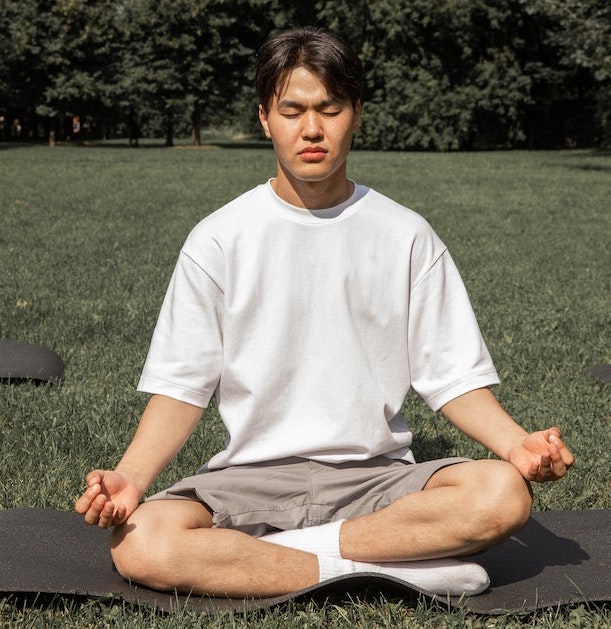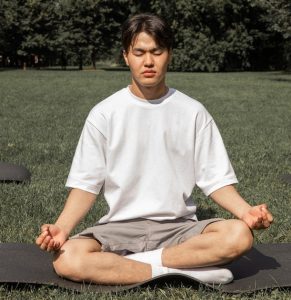Dialectical Behavior Therapy: What Is It and Who Can It Help?
 Dialectical Behavior Therapy, or DBT, focuses on teaching people skills to manage intense emotions, cope with challenging situations, and improve their relationships. It encourages people to learn and use mindfulness training in practical ways.
Dialectical Behavior Therapy, or DBT, focuses on teaching people skills to manage intense emotions, cope with challenging situations, and improve their relationships. It encourages people to learn and use mindfulness training in practical ways.
During individual and group sessions, therapists encourage a nonjudgmental attitude and emphasize acceptance, compassion, and other aspects of mindfulness. Read more ›


 Dear Stress is a resource to help young people manage stress with three easy strategies – available in English and Spanish. This toolkit includes two sizes for sharing as a handout or small poster and includes a slide deck that can be used as a companion classroom activity.
Dear Stress is a resource to help young people manage stress with three easy strategies – available in English and Spanish. This toolkit includes two sizes for sharing as a handout or small poster and includes a slide deck that can be used as a companion classroom activity. 
 Mindfulness and self-compassion are now buzzwords for self-improvement. But in fact, a growing body of research shows these practices can lead to real mental health benefits. This research – ongoing, voluminous and worldwide – clearly shows
Mindfulness and self-compassion are now buzzwords for self-improvement. But in fact, a growing body of research shows these practices can lead to real mental health benefits. This research – ongoing, voluminous and worldwide – clearly shows 
 Many tools can help your children work through anxiety. These are strategies licensed mental health clinicians use with people in therapy, and research has found these strategies to be beneficial in treating and managing anxiety.
Many tools can help your children work through anxiety. These are strategies licensed mental health clinicians use with people in therapy, and research has found these strategies to be beneficial in treating and managing anxiety. 
 Do you occasionally—or maybe more than occasionally— have trouble falling asleep? Try these sleep tips from the University of Washington Medical Center.
Do you occasionally—or maybe more than occasionally— have trouble falling asleep? Try these sleep tips from the University of Washington Medical Center. 
 Self-criticism is a common problem, and not one to be overlooked: the way you talk to yourself plays a vital role in wellbeing. Luckily, the problem of the harsh self-critic is fixable. Below are five ways to help you overcome your inner critic by strengthening your self-compassion and fostering a sense of self-acceptance.
Self-criticism is a common problem, and not one to be overlooked: the way you talk to yourself plays a vital role in wellbeing. Luckily, the problem of the harsh self-critic is fixable. Below are five ways to help you overcome your inner critic by strengthening your self-compassion and fostering a sense of self-acceptance. 
 In this NPR interview, mindfulness expert and psychologist
In this NPR interview, mindfulness expert and psychologist 
 Do you ever hurt your own feelings?
Do you ever hurt your own feelings?
 Emotional self-regulation refers to a person’s ability to manage their emotions and impulses. It is a skill that people learn and develop throughout childhood and adolescence and into adulthood, and it is an important part of overall mental and physical well-being.
Emotional self-regulation refers to a person’s ability to manage their emotions and impulses. It is a skill that people learn and develop throughout childhood and adolescence and into adulthood, and it is an important part of overall mental and physical well-being. 
 While they should not replace professional treatment, mental health apps can offer several benefits.
While they should not replace professional treatment, mental health apps can offer several benefits.

